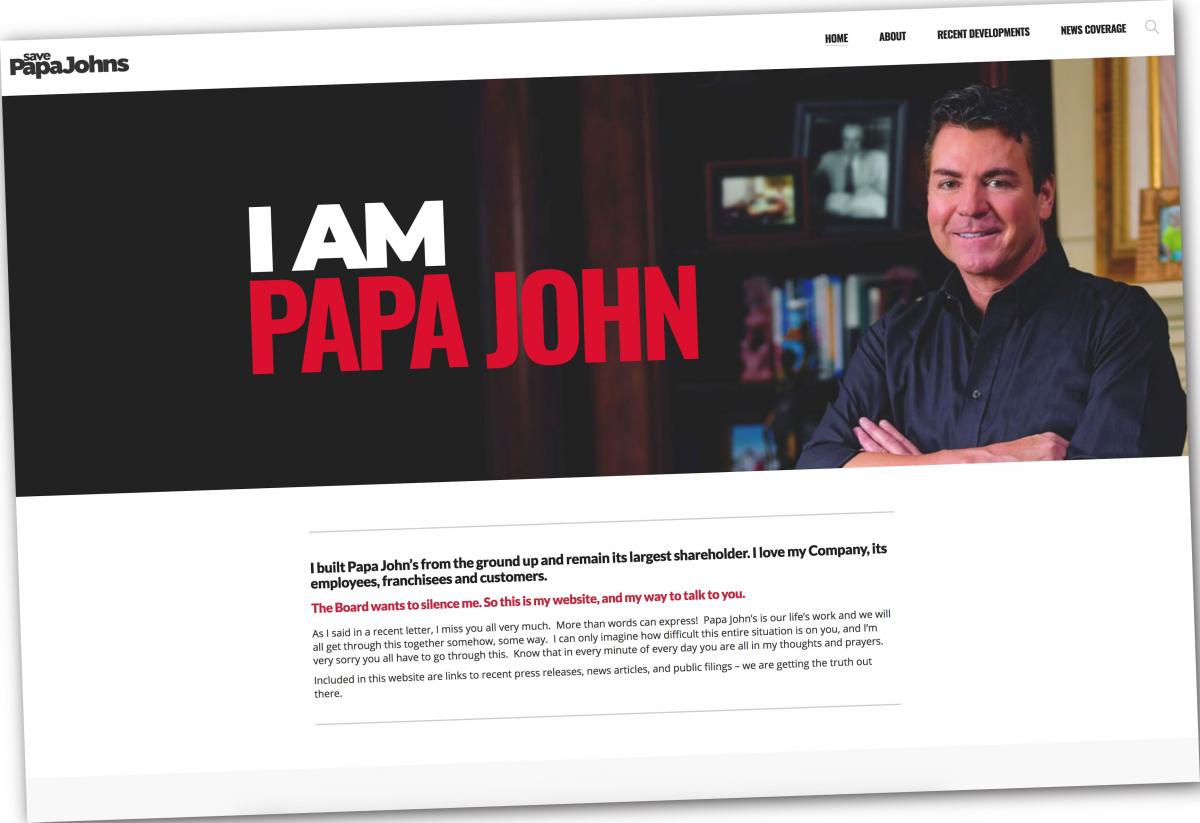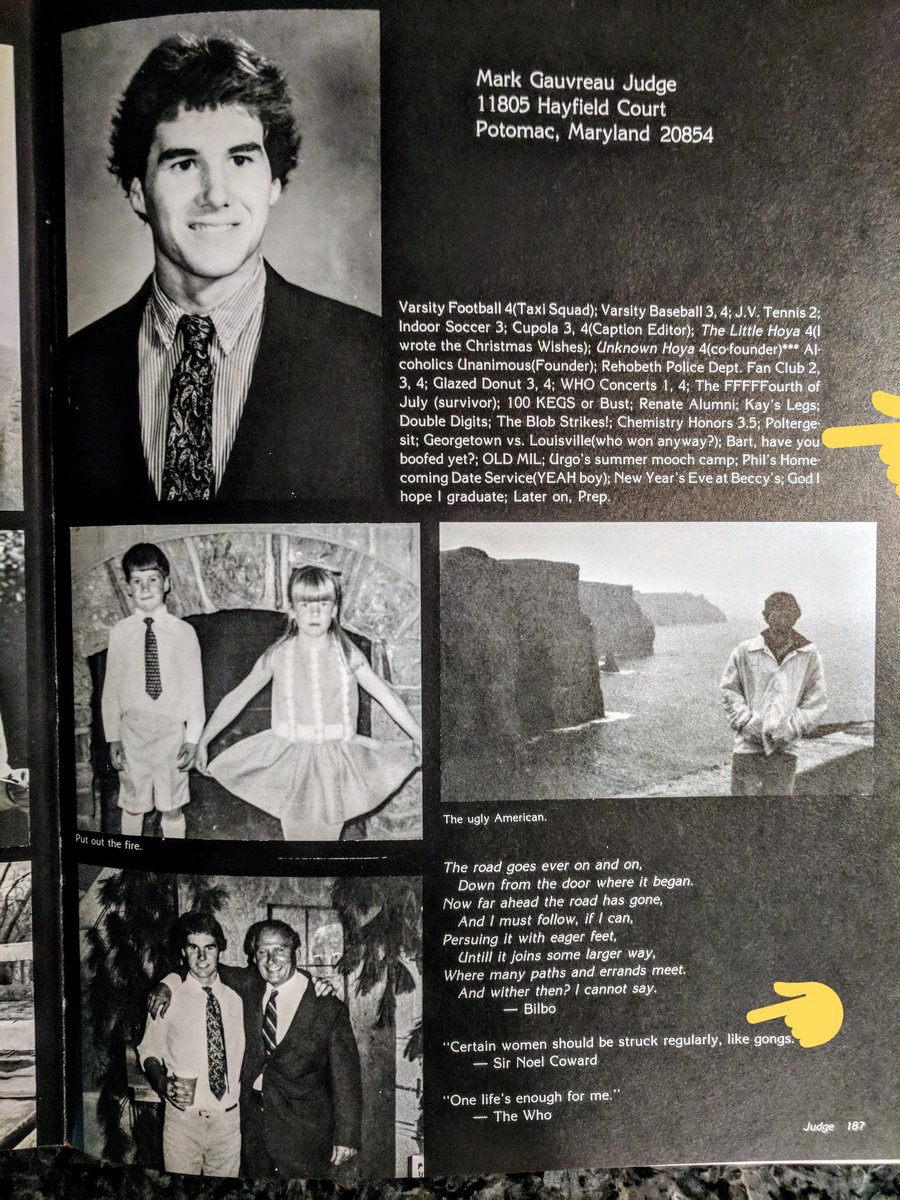Marriott Labor Strikes
/More than 8,000 Marriott employees are going on strike to fight for higher wages and more input into decisions that affect them. Represented by the union Unite Here, workers represent 23 hotels across the country, and the number may grow.
A Marriott International spokesperson told Skift:
“We are disappointed that Unite Here has chosen to resort to a strike at this time. During the strike our hotels are open, and we stand ready to provide excellent service to our guests. We continue to bargain in good faith for a fair contract. While we respect our associates’ rights to participate in this work stoppage, we also will welcome any associate who chooses to continue to work.”
The GM of a Westin property told guests they would put their sustainability program “in effect for all guests for the duration of the work stoppage. Your room will be cleaned every third day of your stay, and any additional cleaning services you would like are available on request.”
According to the article and online reviews, guests are noticing. As one wrote, “The normal services you associate with a hotel were severely reduced, along with the attention provided with a RC [Ritz-Carlton] stay, were no longer available.”
Unite Here is negotiating with Marriott for three improvements:
(1) Wages high enough so that workers do not have to work multiple jobs to earn a living wage; (2) a voice in determining how much automation and what kind of automation makes its way into the hotel industry; and (3) better measures for workplace safety.
Marriott image source. Striker image source.
Discussion:
If successful, the strike could inspire more hospitality workers to join the union. Is that a good result? Why or why not?
What’s your view of the employees’ requests: not enough, reasonable, outrageous, or something else?
What leadership character dimensions are demonstrated or not demonstrated by this situation?


















